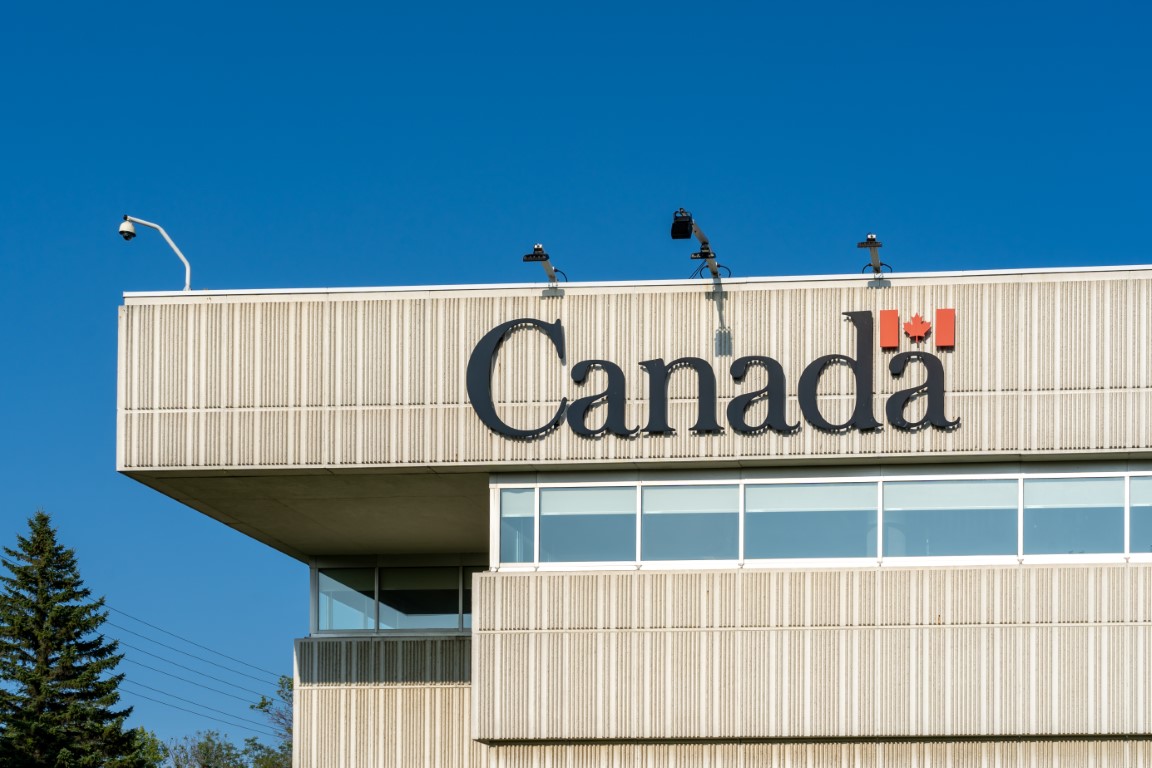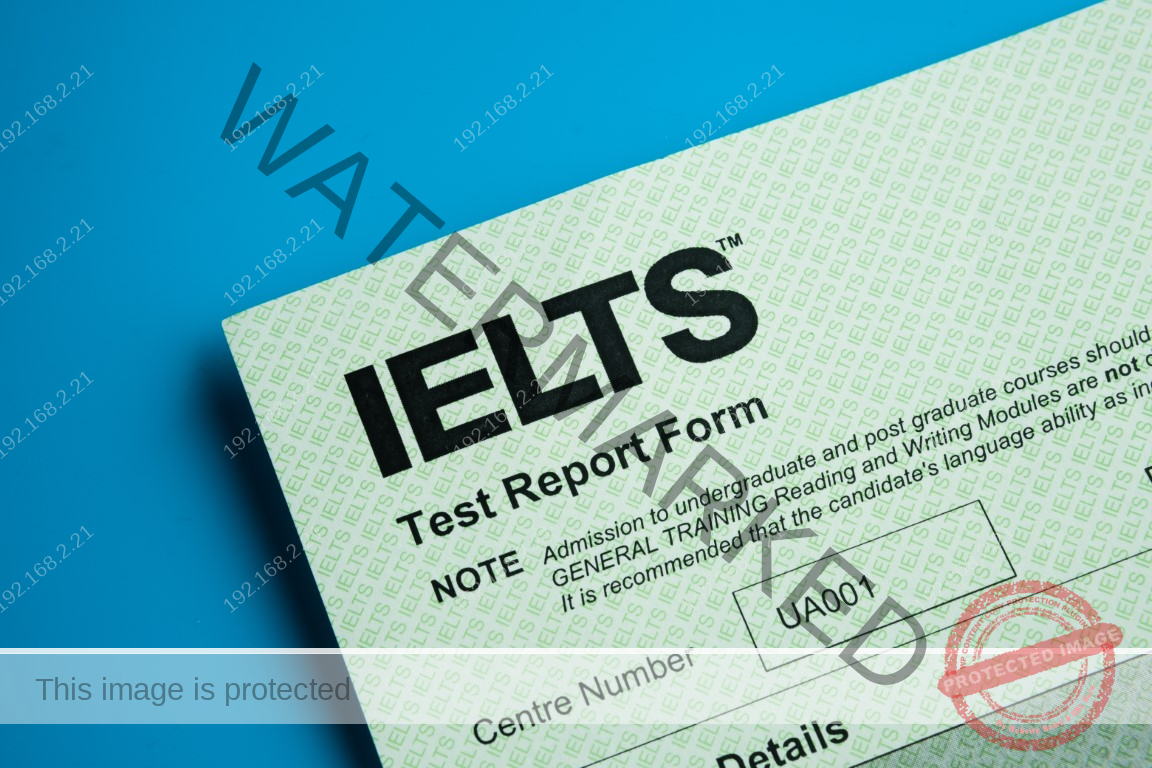Canada, like many other countries, is grappling with a significant labor shortage in the healthcare sector. This challenge has led to extended wait times and difficulties in accessing primary healthcare services. Recognizing the urgency of the situation, the Canadian government has initiated a proactive approach to address this shortage by focusing on the integration of internationally educated health professionals (IEHPs) into the Canadian healthcare system.
Today, the Minister of Employment, Workforce Development and Official Languages, Randy Boissonnault, announced a substantial investment of up to $86 million. This funding is earmarked for 15 organizations across the nation, aiming to expedite the foreign credential recognition process for approximately 6600 IEHPs. This strategic investment underscores the government’s commitment to supporting skilled immigrants in gaining recognition for their international qualifications. Notably, this initiative includes provisions for internationally trained midwives to take their exams virtually, even before arriving in Canada.
Foreign Credential Recognition Program Funding Recipients:
- $9.4M – Bow Valley College’s IEHP Pathway to Employment Program focuses on bridging programs for IEHP nurses, enhancing credential recognition and employer engagement.
- $7.8M – Young Women’s Christian Association’s Health Connect project strengthens credential assessment and labor market integration for female IEHPs.
- $10M – Province of Nova Scotia’s Expanding NICHE initiative extends healthcare licensure and employment support across five key professions.
- $9.9M – BC College of Nurses and Midwives aims to virtualize competency assessments to streamline nursing licensure.
- $5.2M – Canadian Pharmacists Association’s project assists unlicensed pharmacists with Canadian work experience and mentorship.
- $8.3M – Association of Canadian Faculties of Dentistry develops a new certification pathway for Internationally Trained Dentists.
- $10M – Alberta Health Services’ SMART Initiative provides employment support for IEHPs to align their careers and skills.
- $563K – Welland Heritage Council and Multicultural Centre focuses on pre-arrival support for newcomers in Ontario for credential recognition.
- $612K – College of Dental Technologists of Ontario’s project creates a credential pathway for dental laboratory associates/assistants.
- $2.7M – Canadian Association of Medical Radiation Technologists pilots a bridging program and centralizes credential assessment for IEMRTs.
- $1.5M – Progress Career Planning Institute’s INLAP supports skilled newcomers in healthcare with licensure assistance.
- $5.1M – Government of Newfoundland and Labrador facilitates credential recognition and employment for Indian RNs in NL.
- $4.8M – Progressive Inter-Cultural Community Services Society’s project addresses credential recognition barriers and supports IEHPs’ employment.
- $1.4M – Alberta International Medical Graduates Association enhances a web tool for IMGs’ career advice and job placements.
- $7.6M – Achev’s EPIC-HC helps IEHPs in Ontario and Alberta with job placements and accreditation in the healthcare sector.
The funded projects are designed to:
- Streamline the credential recognition process for IEHPs by improving procedures and simplifying steps.
- Provide relevant Canadian work experience in their respective fields, supplemented with essential support services such as childcare, transportation, mentoring, and coaching.
- Facilitate the mobility of health professionals across Canadian jurisdictions, thereby reducing systemic and administrative barriers.
This approach aligns with the government’s commitment made during the October 2023 Health Ministers’ Meeting, focusing on reducing the time it takes for IEHPs to join the Canadian health workforce.
The Role of the Foreign Credential Recognition Program
The Foreign Credential Recognition Program collaborates with various stakeholders, including provinces, territories, and regulatory bodies, to support more efficient credential recognition systems. This program plays a pivotal role in bolstering Canada’s economy by creating quality employment opportunities and promoting a sustainable health workforce.
Minister Randy Boissonnault emphasized the compassionate and effective nature of this initiative, stating that it not only fills labor gaps but also strengthens the healthcare system and the economy. Similarly, Minister of Health Mark Holland highlighted the importance of integrating new health care workers to alleviate labor challenges. Jim Lai, President of the Association of Canadian Faculties of Dentistry, expressed enthusiasm for the federal government’s support, which aligns with policies to increase immigration and integrate internationally trained dentists into Canada’s workforce.
Quick Facts:
- The health care sector in Canada reported 90,000 unfilled positions in the second quarter of 2023.
- Half of the newcomers to Canada hold at least a bachelor’s degree, yet they often face higher unemployment rates and challenges in working in regulated occupations.
- With immigration projected to reach 500,000 by 2025, enhancing support for skilled newcomers is increasingly vital.
- Budget allocations in 2022 and 2023 have significantly increased to support the Foreign Credential Recognition Program, particularly in the health sector.
This initiative by the Canadian government is a significant step towards addressing the current healthcare workforce crisis. By integrating internationally educated health professionals into the system, Canada is not only enriching its healthcare services but also showcasing a model of inclusivity and diversity in workforce development.












